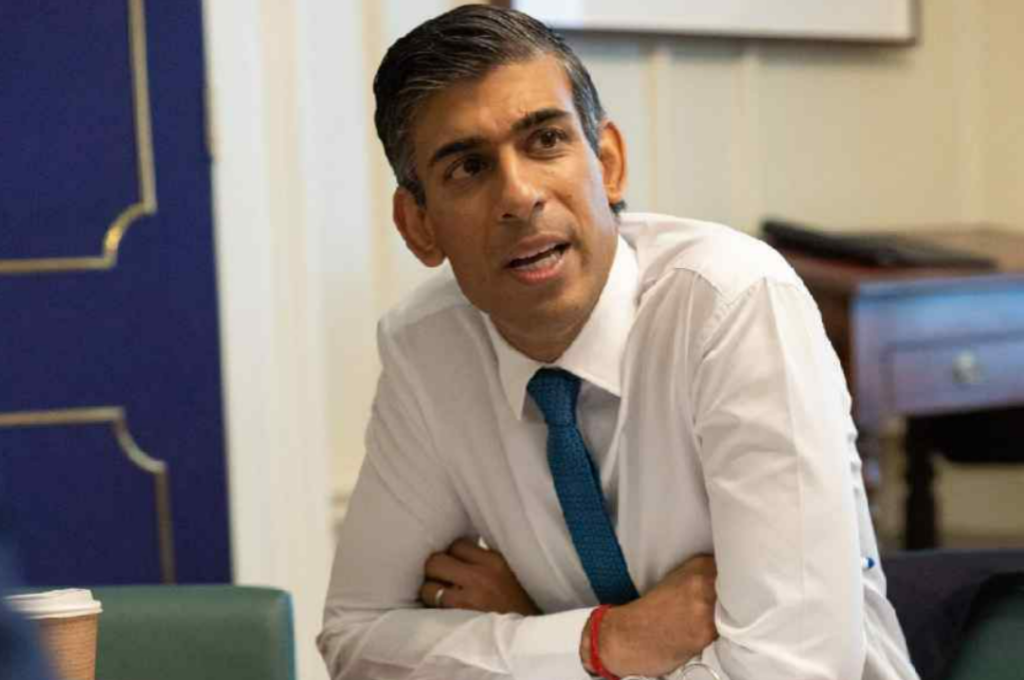Rishi Sunak defends government efforts to assist with rising living costs.

Rishi Sunak has acknowledged the difficulty in comprehending the extent of government assistance provided for energy bills while defending his efforts to address the cost of living. The prime minister emphasised his priority of reducing inflation and assured that his strategy to mitigate rising prices was effective.
This comes as recent data revealed a slowdown in inflation last month due to lower energy expenses. However, the costs of food, dining out, and accommodations are still on the rise. In the year leading up to July, the inflation rate decreased to 6.8% from June’s 7.9%. Although prices are increasing at a slower pace, inflation remains high in comparison to historical rates and significantly surpasses the Bank of England’s 2% target.
Speaking at a business event in Leicestershire, Sunak explained that the government’s support for energy bills might be less comprehensible than the furlough scheme. He clarified that a typical family had received approximately half of their energy bill expenses covered by the government in recent months, amounting to £1,500.
Sunak detailed that despite individuals receiving their energy bills and feeling the shock of high costs, they might not realise that a substantial portion had already been covered. The Energy Price Guarantee, which limited household energy bills to £2,500 annually and included a £400 winter discount, concluded in July.
The Labour Party criticised Sunak’s remarks, attributing economic challenges and increased prices to Conservative policies. The Liberal Democrats also expressed discontent, describing Sunak as disconnected from the public’s concerns.
Sunak outlined the government’s approach to tackling inflation by managing spending and borrowing responsibly, increasing production, and aiding people during this challenging period. He asserted that his plan to halve inflation by year’s end was showing progress. While acknowledging the current difficulties, he mentioned government initiatives such as reducing fuel duty, capping bus fares, and providing support payments to individuals on Universal Credit and pensioners.
